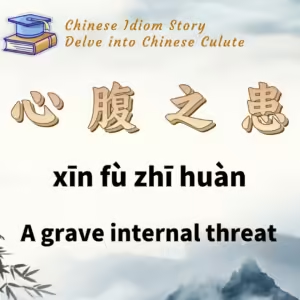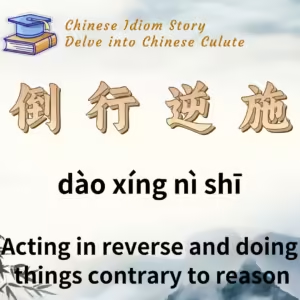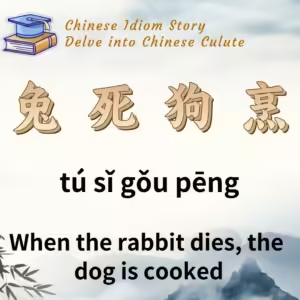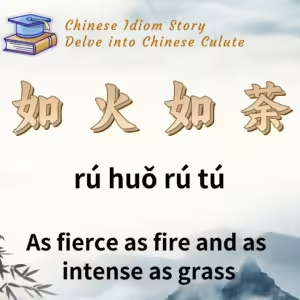
Chinese Idiom: 患难相共 (Huan Nan Xiang Gong)
English Translation: Share hardships together
pīn yīn: huàn nàn xiāng gòng
Idiom Meaning: This idiom refers to the idea of sharing difficulties and misfortunes together, highlighting solidarity in times of trouble.
Historical Source: Records of the Grand Historian (史记) – “The House of King Goujian of Yue.”
Idiom Story:
During the Eastern Zhou Dynasty, King Fu Chai of Wu ignored the counsel of his advisor, Wu Zixu, and relaxed his vigilance against King Goujian of Yue, focusing instead on attacking the states of Qi and Jin. Fueled by the slander of a treacherous minister, he even had Wu Zixu executed. This marked the beginning of Wu’s decline.
Meanwhile, King Goujian, with the assistance of his advisor Fan Li, worked tirelessly for nearly twenty years to strengthen Yue, taking advantage of Wu’s weakened state after their battles. Goujian launched a successful attack on Wu, besieging it for three years and ultimately cornering Fu Chai on Mount Gusu.
Desperate, Fu Chai sent a minister to plead for his life, asking Goujian to show mercy as he had once done at Kuaiji Mountain. However, Fan Li advised Goujian against it, reminding him of the past misfortunes and suggesting that such a generous act could lead to disaster. He argued that since heaven had granted Yue victory over Wu, it would be unwise to ignore this divine favor.
After defeating Wu, Goujian gained significant power and went on to hold a meeting with the lords of Qi and Jin, yet he faced a critical moment when his loyal minister, Wen Zhong, was falsely accused of treason and subsequently executed. Before his death, Wen Zhong received a letter from Fan Li, warning him that in times of triumph, one should be wary of the king’s fickleness and that he could only truly trust those who share in adversity.
This led to the saying “患难相共,” reflecting the idea that true loyalty and trust are forged in hardship, rather than in moments of ease and joy.






